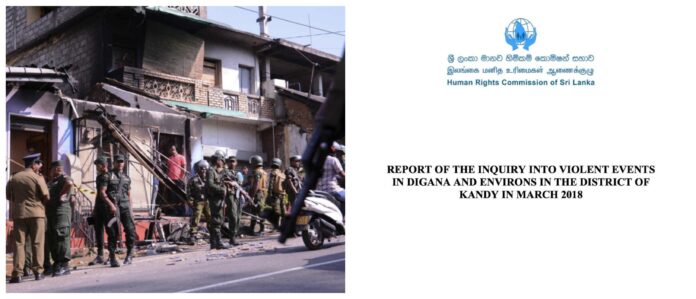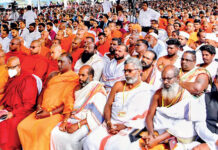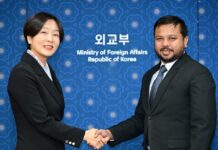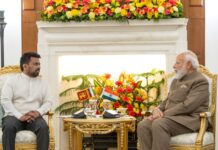Seven years after violent communal clashes erupted in Digana and surrounding areas, the Human Rights Commission of Sri Lanka (HRCSL) has released its long-awaited investigation report, stressing that the attacks on the Muslim community were premeditated and demanding urgent reforms to prevent future communal violence.
The report, published on 1 September and currently available only in English, comes just days before the opening of the 60th session of the United Nations Human Rights Council (UNHRC) in Geneva. It includes extensive findings and recommendations spanning 11 government ministries and agencies.
Key Findings
The HRCSL concluded that the violence in Digana in March 2018 was not a spontaneous outburst but a carefully organised attack against Muslims, echoing a recurring pattern seen in Gintota, Ampara, and even as far back as the 1915 riots.
The Commission observed that while Teldeniya Police acted promptly in arresting suspects involved in the initial assault on H.G. Kumarasinghe, organised groups spread false claims of police inaction, which triggered wider violence. Although some errant police and STF officers may have supported the attackers, the report noted that law enforcement overall did not directly promote violence. Instead, the failure to contain the unrest was attributed to weak intelligence, inadequate personnel, and insufficient resources, which forced the Army to intervene to restore order.
The report further warned that discriminatory policies — including restrictions on religious expression, mandatory cremation during the COVID-19 pandemic, and prolonged detention under counter-terror laws — have created a climate of hostility that extremist groups exploit to foment communal unrest.
Recommendations
The HRCSL outlined a comprehensive reform agenda:
-
Ministry of Law and Order: Enhance intelligence gathering, establish rapid-response systems to defuse communal tensions, improve police morale, and set up inclusive community–police committees meeting monthly.
-
Ministry of Social Services and Welfare: Screen organisations seeking registration to prevent extremist or divisive agendas.
-
Ministry of Education: Make reconciliation and coexistence compulsory subjects, eliminate ethnically and religiously segregated schooling, and adopt curricula that promote human rights and civic values.
-
Ministry of Youth Affairs: Launch empowerment programmes for youth, particularly those implicated in violence, to encourage positive attitudinal change.
-
Ministries of Sports and Public Administration: Promote inter-community sports, develop reconciliation-focused community projects, and oversee compensation for victims.
-
Ministry of Women and Child Affairs: Provide medical, educational, and material assistance to families and children affected by the Digana violence.
The HRCSL also urged the creation of an independent Office for the Investigation and Prosecution of Serious Crimes by State Officials to address abuses such as torture, custodial deaths, enforced disappearances, and dereliction of duty by police officers.
Hate Speech and Accountability
The Commission raised particular alarm over the ineffective enforcement of Section 3 of the ICCPR Act, which criminalises advocacy of racial or religious hatred. It noted that those responsible for inciting violence in Digana have largely gone unpunished, with hate speech continuing online.
While anti-Muslim hate speech has reportedly decreased, the HRCSL warned of rising hate speech against women, gender minorities, and LGBTQ+ individuals, calling for immediate application of existing laws alongside programmes to tackle deeper social and cultural causes of division.
Education and Long-Term Solutions
The Commission underlined that Sri Lanka’s segregated schooling system and exclusionary historical narratives foster prejudice. It recommended urgent reforms to create diverse and inclusive learning environments where children from different ethnic and religious backgrounds can learn to coexist peacefully.
Conclusion
The HRCSL concluded that sustainable peace in Sri Lanka requires coordinated action by government institutions, law enforcement, civil society, and educational bodies. Without structural reforms, it warned, communal violence could continue to resurface in cycles, undermining national reconciliation.



